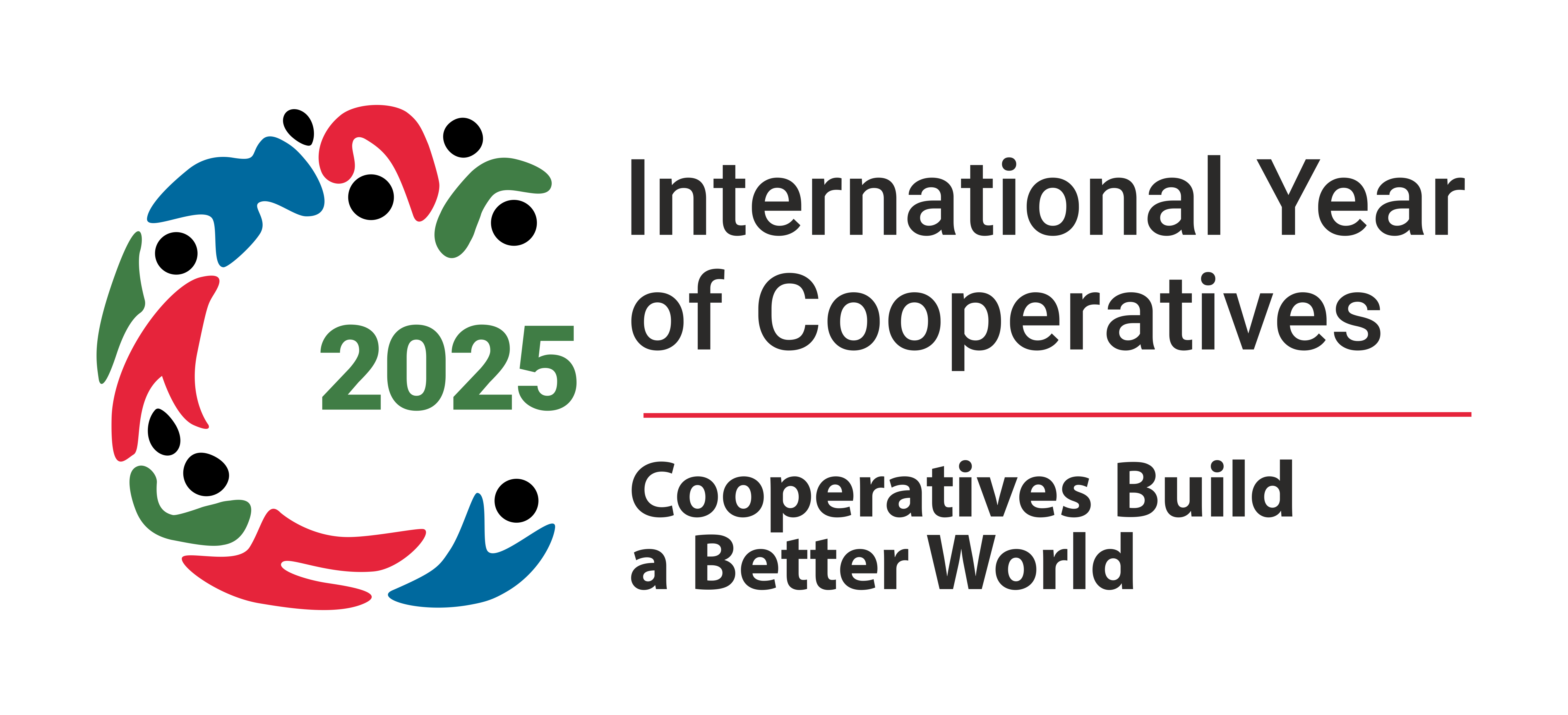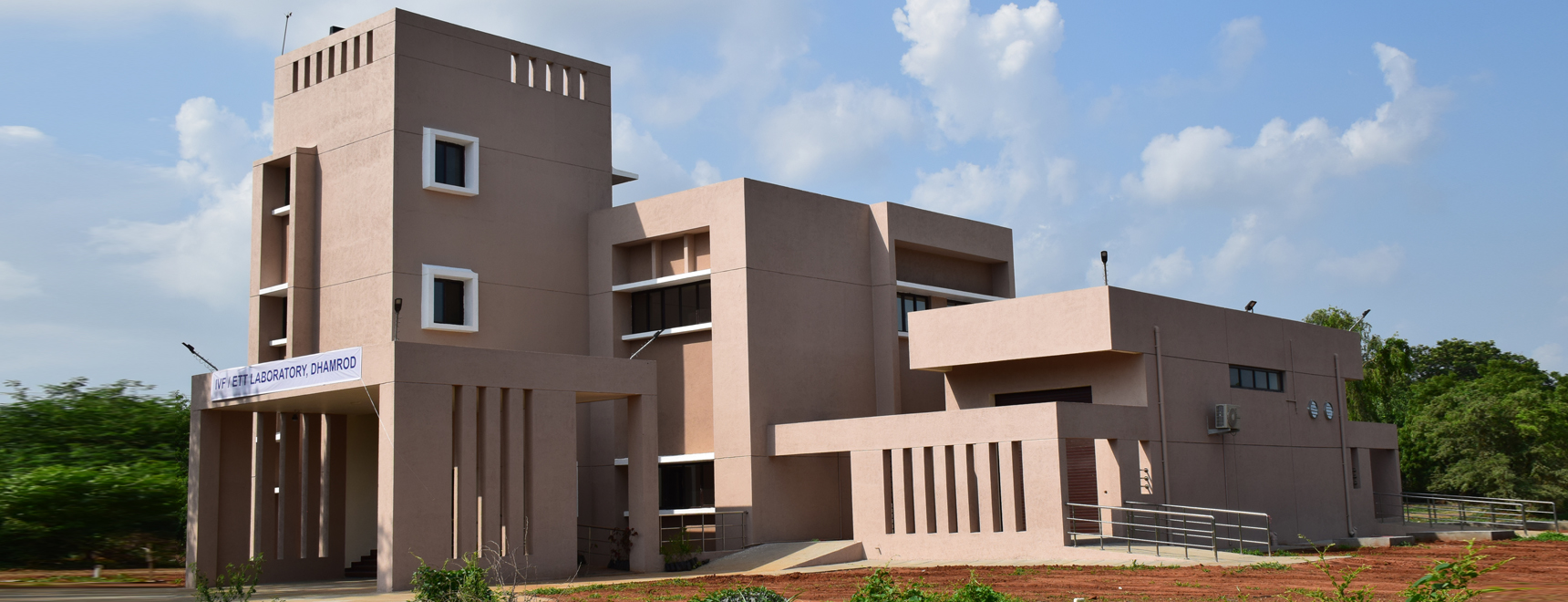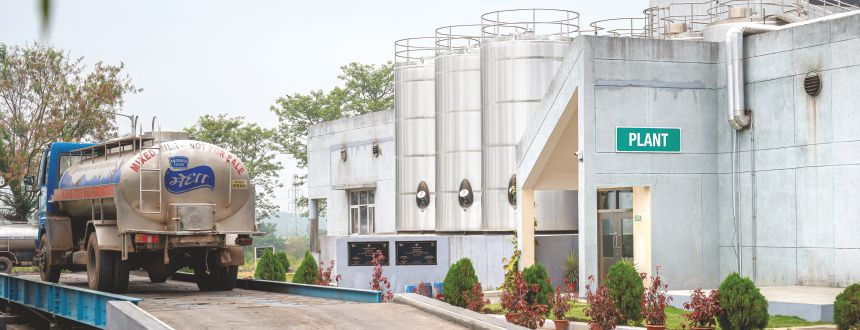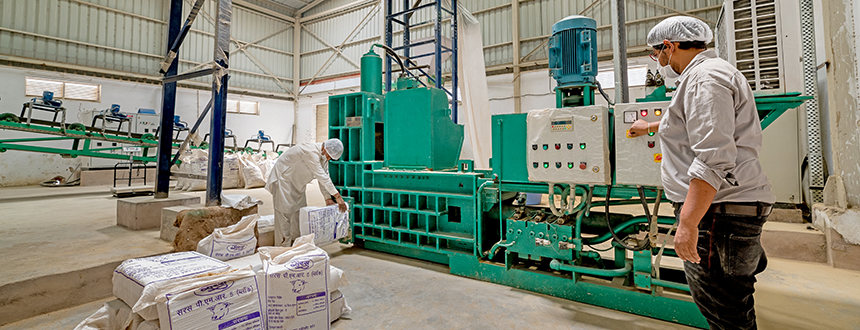Sustainability
Nature conservation in dairy processing starts with eco-efficiency of the processing plants. Efficient design has ensured reduction in material & energy intensity in processing, enhancement of material recyclability and maximum sustainable use of renewable energy.
1. Reduction in material & energy intensity during processing : In order to achieve reduction, some efficient processing systems like pasteuriser with high regeneration efficiency and energy efficient motors have been adopted to reduce material usage and energy intensity in processing. Automation of process and provides leverage in controlling and monitoring of all process parameters and assessment of losses.
2. Enhancement of material recyclability: Water is recycled in various processes to reduce water use. The milk to water ratio has decreased from 1:3.5 in 1970s to 1:1 today. The improved practices include recycling of steam condensate, conductivity based reuse of CIP solution, recovery of powder plant condensate through membrane filtration and reverse osmosis process, recycling of treated effluent and use in non-critical cleaning etc.
The use of biomass briquettes is encouraged. We have installed boilers up to 25TPH capacity with agro-waste briquettes as fuel. Agro-waste briquette replaces fossil fuels like coal, petroleum derivatives etc. thus conserving nature.
3. Sustainable use of renewable resources: NDDB initiated application of Concentrated Solar Thermal technology in dairies which partly addresses the requirement of thermal energy in processing. CST can reduce the annual heat demand of the processing plant from 5 to 15 per cent. NDDB has completed 15 CST installations in processing plants of dairy cooperatives across four states of Maharashtra, Punjab, Gujarat and Karnataka. The total installed collector (aperture) area at these locations is around 8,000 sq. m.
NDDB has developed and replicated relevant technology for chilling milk in village society using green energy and allied plants. The Solar cell has been responsible for developing and replicating relevant technology for chilling milk in the village society using green energy and allied plants. The Solar cell is also implementing new technology at Milk collection centers, for milk chilling with reduced dependence on Diesel Generator and grid power.





